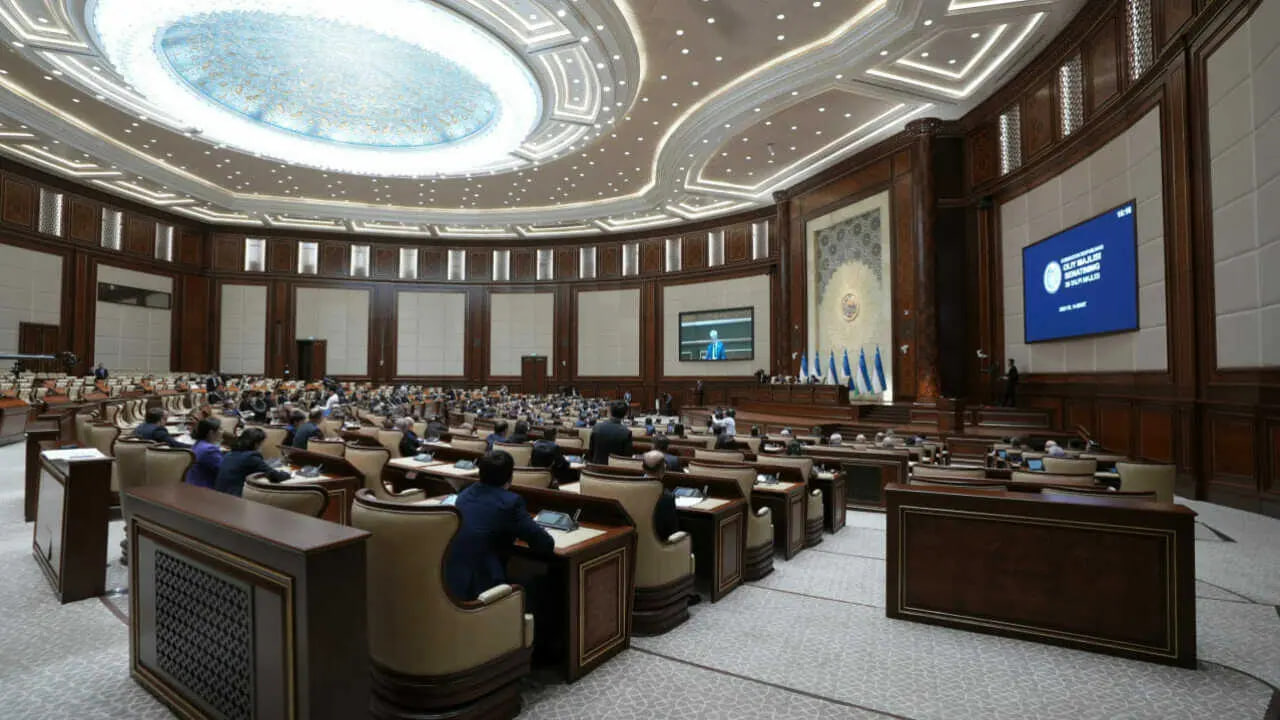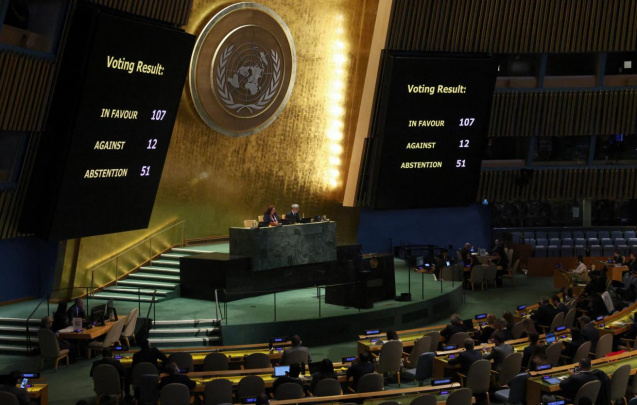Senate passes comprehensive revisions to law on State Secrets Protection
On October 23, the Senate of Uzbekistan's Oliy Majlis approved a new version of the law "On the Protection of State Secrets" during a plenary session. The updated legislation clarifies specific categories of state secrets, the authority of governmental bodies in the realm of secret protection, levels of confidentiality, and the duration of classified information.

Photo: Senate of Oliy Majlis
Tolibjon Madumarov, Deputy Chairman of the Senate Committee on Defense and Security, highlighted that a review of the current law, which was originally passed in 1993, revealed several areas needing improvement. The existing legislation did not adequately define the powers of authorities responsible for the protection of state secrets, nor did it specify the levels of confidentiality, the timeline for declassifying information, or the procedures for granting access to classified information. These gaps have led to inconsistent interpretations of the legal framework governing the handling and protection of state secrets.
Currently, the procedures for managing and protecting state secrets, as well as ensuring confidentiality, are regulated through secret resolutions of the Cabinet of Ministers. This has resulted in a lack of public awareness among Uzbek citizens, foreign nationals, and stateless individuals regarding their rights in relation to the use of state secrets.
It was also noted that the existing law does not regulate the issuance of permits for access to classified information, fails to specify the types of information that cannot be classified, and lacks mechanisms for the mutual exchange of state secrets with other countries. Additionally, there is no clear timeline for declassifying information related to state secrets, leading to a buildup of outdated documents in archives, whose future remains uncertain.
To address these and other gaps, the State Security Service (SSS) developed the revised version of the law "On the Protection of State Secrets." The new law establishes that the president will set the unified state policy regarding state secrets, and it clearly outlines the roles of the Cabinet of Ministers, the SSS, and other organizations that handle classified information. Previously, only the SSS had authority in this area.
The updated law defines the specific categories of information to be classified as state secrets, including:
• Military matters;
• Foreign policy and foreign economic relations;
• Intelligence, counterintelligence, and other state security activities;
• Economic, educational, scientific, and technical information.
Previously, this list was covered under a classified government decree from 1994.
Related News

15:27
Uzbekistan urges citizens in UAE to follow safety guidelines amid regional tensions

13:31 / 28.02.2026
Uzbekistan embassy in Israel issues security warning to citizens

11:54 / 26.02.2026
Central Asian states abstain as UN General Assembly backs Ukraine resolution

15:22 / 25.02.2026




